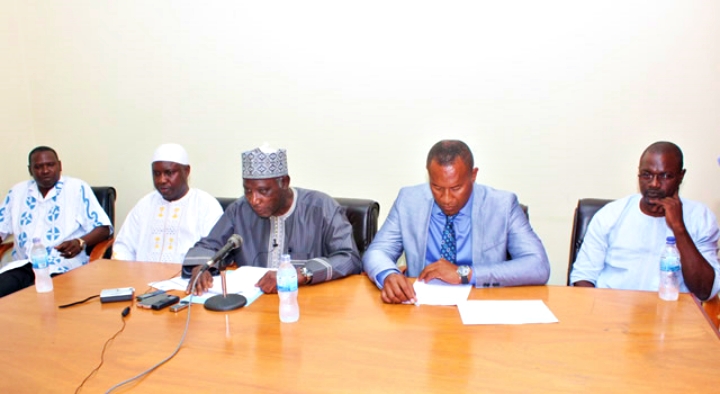Gambiaj.com – (BANJUL, The Gambia) – The Independent Electoral Commission (IEC) has issued a reminder to all registered political parties to adhere to the country’s electoral regulations as outlined in the Elections Amendment Act of 2015. The IEC has set key deadlines for parties to hold biennial congresses, submit audit reports, and establish regional offices, reinforcing its commitment to “Fair-play, Integrity, and Transparency.“
According to IEC Chairman Alieu Momarr Naji, the Commission requires political parties to conduct biennial congresses, with all registered entities expected to meet this obligation by December 31, 2024. Parties must inform the IEC in writing of the scheduled date, time, and venue for their congresses to allow IEC representatives to attend and monitor the proceedings.
Furthermore, parties are required to submit a list of updated executive members following the congress no later than January 31, 2025. Alongside this, political parties must provide the addresses of their regional offices by the same date, as the IEC will conduct a nationwide inspection of these offices to verify compliance.
In addition to organizational updates, the IEC has also reminded political parties of their obligation to submit annual audited financial accounts, due by January 31, 2025. This financial transparency measure is designed to promote accountability and compliance with Gambian electoral law.
Chairman Naji emphasized the importance of meeting these requirements to maintain the legitimacy of The Gambia’s electoral system, urging all parties to fulfill their duties promptly. Failure to comply could result in penalties, including possible deregistration.
By insisting on the timely submission of biennial congress details, audit reports, and updated leadership rosters, the IEC aims to ensure that parties operate transparently, are financially sound and structurally stable, but also maintain a fair political field, reducing the chances of favoritism or opacity that could otherwise create unrest or allegations of bias within the political system, which is crucial for enhancing voter engagement and party accountability across the country.










